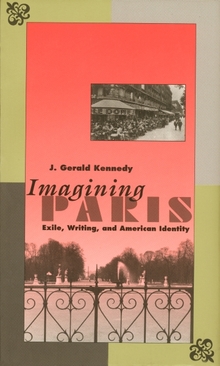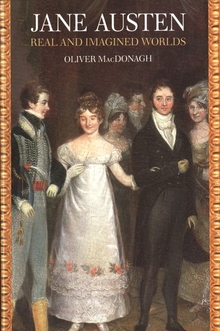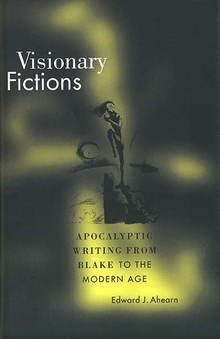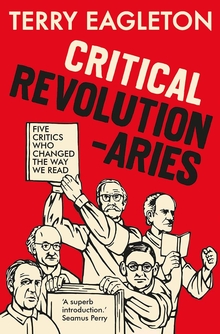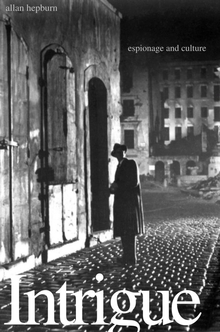Imagining Paris
WARNING
You are viewing an older version of the Yalebooks website. Please visit out new website with more updated information and a better user experience: https://www.yalebooks.com
Exile, Writing, and American Identity
J. Gerald Kennedy
According to Kennedy, Stein's Paris, France presents an abstraction, a series of random and discontinuous images refracted into a theory of the French way of life. Her self- portrait in The Autobiography of Alice B. Toklas, however, hinges on a contrast between the outside world of galleries, studios, and exhibitions and her inner domain at 27, rue de Fleurus. Hemingway's conflict with Paris, says Kennedy, betrays both an attraction to its danger and a disgust with its profligacy, as seen in the ambivalent imagery of The Sun Also Rises. Miller's Paris emerges in his Letters to Emil and Tropic of Cancer as a tormenting world of alleyways, sewers, and flophouses that nevertheless becomes a site of deliverance where Miller discovers himself as a literary subject. The nocturnal, unreal Paris of Fitzgerald's Tender Is the Night and Barnes's Nightwood reflects the disorientation of modernism, which parallel and intensify the estrangement of exile.
"The story of these five representative Americans is told by Kennedy so clearly that it seems obvious, as truth always does when it is said right."—Michael Reynolds, North Carolina State University
"A richly anecdotal study of the reactions to Paris if five American writers who lived and wrote there during the inter-war years—Gertrude Stein, Ernest Hemingway, Henry Miller, F. Scott Fitzgerald, and Djuna Barnes."—Michael Kenney, Boston Globe
"Kennedy's concept of place with its inherent dilemmas adds clear, fresh scholarship to the existing knowledge on the American expatriate writers. Recommended."—Library Journal
"There is much to commend in Professor Kennedy's study."—Geoffrey Moore, Financial Times
"Readers who enjoy the works of [Fitzgerald, Miller, Barnes, Stein or Hemingway] will welcome the chance to heighten their understanding of the writer by reading Kennedy's book."—Sarah Sue Goldsmith, Magazine
"[A] fluid and well researched book which teems with insight into literary lives."—Richard Edmonds, Birmingham Post
"A fresh approach to the works of five very familiar American writers."—Choice
"This is a marvellous book, not only because it is a lucidly written, provocative, and useful work of literary criticism, but also because it helps to open up a new field of critical inquiry. . . . Kennedy's work is pioneering because it deals with the imaginative interaction with place with the intelligence and sophistication the issue deserves. . . . not only a fascination account of American interactions with Paris, but also a model for other efforts to analyze the ways in which authors have dealt with the problem of place. . . . I recommend this book wholeheartedly to anyone interested in modernism, Paris, or the cultural meanings of travel, tourism, expatriatism, and exile."—Dana Brand, F. Scott Fitzgerald Society Newsletter
"[A] brilliant critical study. . . . Imagining Paris is a vital, engagingly written, and absorbing book. Kennedy has brought new insights to an overlooked aspect of literary studies."—James R. Mellow, Hemingway Review
"[A] stimulating study. . . . Recommended to anyone with an interest in American literature, Paris or exploring the concept of "place" as it is constructed through writing."—David Drake, Times Higher Education Supplement
"An attractively written and intellectually lively rereading of a significant generation of American writers. Imagining Paris not only approaches key texts with a fresh vision, but it also provides a methodological paradigm that might be exported to the study of other writers and other places."—Philip K. Jason, American Literature
Publication Date: September 10, 1994
12 b/w illus.

